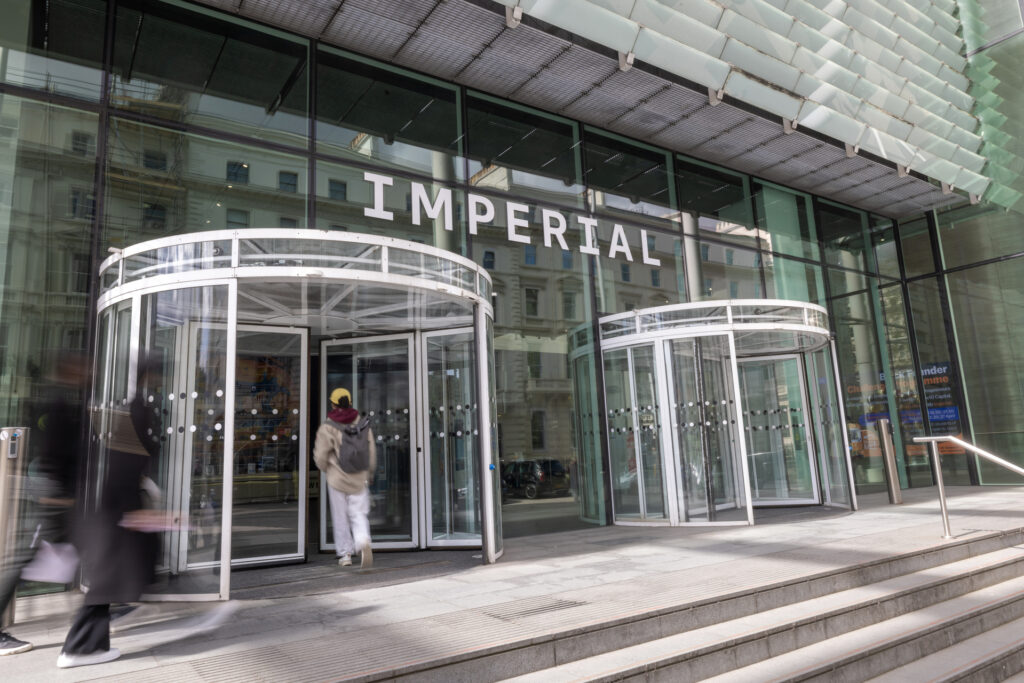
With a host of positive developments recently, the UK’s alternative protein sector is at a tipping point – but the country needs further action to solidify its leadership.
It has been a big year for the UK’s alternative protein industry. The country became just the fourth in the world (and first in Europe) to allow cultivated meat to be sold (to pets), set up a national hub for future foods, and finally broke away from EU novel food regulations to speed up its own regulatory process.
These are all critically important steps when you consider that 16% of British households are food insecure or have low levels of security, and that alternative proteins could add £6.8B every year to the country’s economy and create 25,000 jobs by 2035.
The UK Committee on Climate Change has said that meat and dairy consumption needs to be reduced by a fifth by 2050 to achieve the nation’s net-zero target for 2050, which would in turn contribute to food security, healthy diets, biodiversity, and resilience.
While the UK’s recent moves to advance alternative proteins position the country as a potential world leader in the industry, several actions need to be taken for it to truly transform its food system and address the global crises of climate change, public health and pandemics.
That’s according to a new briefing written by stakeholders in the food sector, including the Bezos Earth Fund’s Centre for Sustainable Protein in London, the Good Food Institute Europe, and the National Alternative Protein Innovation Centre (NAPIC). The paper was created at a workshop held at the Pioneer Group’s Wilton Centre in June, which convened over 40 representatives from different parts of the industry.
“Alternative proteins face the inherent challenges of nascent regulations, consumer acceptance, smaller production scales, R&D investment needs, differing feedstocks, [and] techniques to create textures and flavours,” it reads. “To truly compete with traditional meat, alternative proteins must overcome three barriers: cost, sensory optimisation, and a complex regulatory system.”
Tactics to build on alternative protein progress

The report builds on a 2022 whitepaper by UK Research and Innovation, the national science funding agency, titled Alternative Proteins: Identifying UK Priorities, and underlines the need to develop and commercialise future-friendly foods spanning plant-based, fermentation-derived, and cultivated proteins.
“The challenges in accelerating the development and commercialisation of the alternative proteins sector require a coordinated effort involving industry, government, research institutions, and other stakeholders,” it notes.
The paper lays out 10 tactical actions to take the UK’s alternative protein industry forward, each assigned to different stakeholders.
First, it calls for the mapping of the full alternative protein landscape across the UK, including an understanding of the UK’s alternative proteins asset base, capacities, readiness, and investments. This would be prepared by GFI and NAPIC by the end of the year.
These two entities would work with Growing Kent & Medway to create a database of food-grade development and testing facilities across the UK, and carry out a gap analysis.
The Pioneer Group and Growing Kent & Medway, meanwhile, could develop a programme of accelerators and incubator spaces for spinouts and small businesses, co-locating them with clusters of expert human capital, bioprocessing and R&D.
Meanwhile, the Bezos Centre for Sustainable Protein at Imperial College London would scope a case for investment into a protein database to enable access to protein structures and predict properties like allergenicity, solubility and binding.
This research hub can also team up with NAPIC to facilitate collaboration between industry and academia, generating data and standardising the methodology for life-cycle assessments of alternative proteins.
Government action crucial to support the industry

Public-private collaboration is a must, according to the report, which has outlined the need for the Food Standards Agency, Advanced Food Regulation, MAST Consulting, and Bezos Centre for Sustainable Protein to develop and deliver a programme of regulatory training for small and medium enterprises (SMEs).
NAPIC was assigned to host sandpit events to create ‘oven-ready’ projects involving full supply chains – and both SMEs and large corporations – for the development and commercialisation of these proteins. According to the paper, it would also work with Growing Kent & Medway, the Bezos hub, and IChemE to develop training programmes to cross-skill and upskill the future workforce in the industry.
GFI, meanwhile, took ownership of creating an in-depth policy and regulation stakeholder map for the UK alternative protein sector, and the Pioneer Group could develop a series of talking-head videos and blogs to highlight these foods’ importance on a national level, which would be launched on what is termed as the Alternative Proteins Day.
The briefing further highlighted the need for detailed terminology for the food sector, and for alternative proteins to be included in the food pyramid, the national industrial strategy, and the National Health Service’s Eatwell Guide.
Companies in the sector would also thrive from access to venture studio, accelerator, incubator and scale-up facilities. And the Food Standards Agency needs to set a framework for the regulation of different proteins that specifies parameters for standards, performance, safety, functionality, sustainability, etc. – progress has been made on this front recently.
“This briefing note calls on policymakers, industry leaders, and consumers to embrace alternative proteins as a key component of future food strategies,” the paper reads. “Alternative proteins represent a promising solution for sustainable food production. By supporting their development and adoption, stakeholders can contribute to a more sustainable and secure food system.”
The post The UK Could Lead the Protein Transition – Stakeholders Outline How appeared first on Green Queen.
This post was originally published on Green Queen.